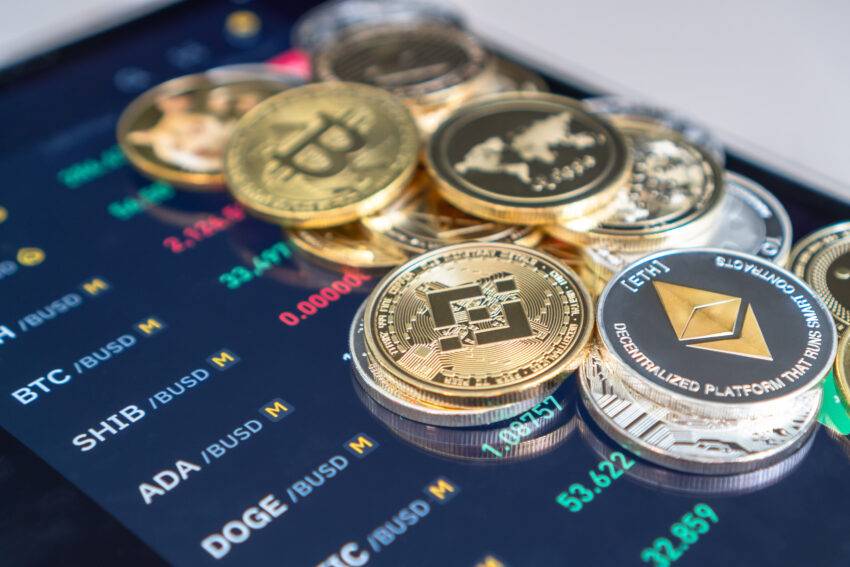Crypto listing is the process of adding new coins or tokens to a cryptocurrency exchange platform that enables token visibility for a wide audience of traders and investors.
Listing is a crucial step in a crypto project’s development, for it facilitates further growth of trading volume and liquidity, and helps attract investors to the project. Listing on top-tier platforms is not a quick process, taking a lot of time and effort. In this article, we will discuss the stages of crypto exchange listing, particularly the requirements that centralized exchanges demand projects to meet.
Typical Application Requirements for Getting Listed
To list token on exchange, projects take the following steps:
- Choosing an exchange (considering reputation, listing fees, compliance, and other factors).
- Assessing a project’s budget and comparing it with the cost to list on a top-tier exchange like Binance or WhiteBIT, for example.
- Arranging and submitting the required documents.
- Waiting for the application to be reviewed (they may say yes, no, or ask for additional documentation).
Let’s drill down on the process of submitting documents. Typical application requirements include the following information from a project that applies:
- Project details (name, website, coin ticker, number of holders, etc.).
- Project mission, target audience, roadmap, top competitors.
- Whitepaper (ICO, team, and their backgrounds, etc.).
- The type of the project (dApp, DeFi, NFT, etc.).
- Current status of the project (Test or Main net, planned launch, etc.).
- Tokenomics (market cap, max token supply, token standard, etc.).
- Project community, social networks (Discord, Reddit, etc.), and recent activities (meetups, airdrops).
- The legal opinion made by a top law company and its status (token or coin, security, or another regulated asset).
- Project advisors list.
- A report on a security audit conducted by a third-party company.
- Partnerships with crypto market makers (many exchanges tend to list a token that comes with a market maker, for that means liquidity is already injected). Exchanges are not motivated to list “dead” tokens.
What are the Benefits of Token Listing?
Once the token is listed on a reputable exchange, it becomes visible and tradeable in the crypto space. Having passed through all the mentioned checking and negotiations, submitted documents, and audit reports, a project has a chance to show its token to the world and expect mass adoption. Listing on an exchange is a path to project growth in terms of trading volume and liquidity, expanding its community and user base, and attracting large market players.
Final Word
The process of applying for token listing is not a cakewalk – projects need to provide a range of documents and prove their token meets an exchange’s requirements. However, it’s worth it, given the outlook of increased trading volumes and liquidity.


